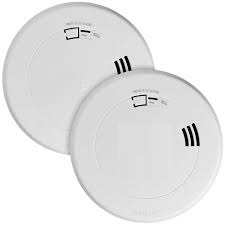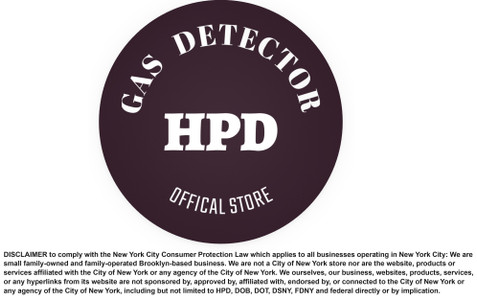Checklist for installing Natural gas detectors
Following the checklist for installing natural gas detectors is crucial for ensuring the safety and well-being of occupants in any building. Natural gas is highly flammable, and leaks can lead to catastrophic events such as explosions and fires, which not only cause significant property damage but also pose a severe risk to human life. Even minor leaks can lead to serious health issues, including asphyxiation, as natural gas can displace oxygen in the air, leading to unconsciousness and, in extreme cases, death. Therefore, ensuring that natural gas detectors are installed correctly and functioning properly is a vital preventive measure.
Adhering to the checklist ensures that detectors are placed in optimal locations where leaks are most likely to occur and be detected early. Proper placement is essential because detectors need to be in areas where gas accumulates but also accessible for regular maintenance and testing. The checklist typically includes guidelines on installing detectors near gas appliances, in kitchens, and in rooms where gas pipes are present, ensuring maximum coverage and early detection of leaks. This strategic placement can provide timely alerts, allowing occupants to evacuate and address the leak before it escalates into a more serious hazard.
Maintenance and functionality checks are other critical components of the checklist. Regularly testing the detectors and replacing batteries or units as needed ensures that they remain operational at all times. Without routine maintenance, detectors may fail when they are needed most, rendering them ineffective and putting lives at risk. The checklist also includes instructions for periodic inspections and updates to the system, ensuring that the detectors are up to date with the latest safety standards and technologies. This ongoing vigilance is essential for maintaining a safe environment in any building where natural gas is used.
Lastly, following the checklist for installing and maintaining natural gas detectors helps to comply with safety regulations and building codes. Many local and national regulations mandate the installation of gas detectors in residential and commercial properties to prevent gas-related incidents. Compliance with these regulations not only helps to avoid legal liabilities and potential fines but also demonstrates a commitment to safety and responsibility. By systematically adhering to the checklist, building owners and occupants can ensure that they are taking all necessary precautions to protect their property and the lives of those within it.
DISCLAIMER to comply with the New York City Consumer Protection Law which applies to all businesses operating in New York City: We are small family-owned and family-operated Brooklyn-based business. We are not a City of New York store nor are the website, products or services affiliated with the City of New York or any agency of the City of New York. We ourselves, our business, websites, products, services, or any hyperlinks from its website are not sponsored by, approved by, affiliated with, endorsed by, or connected to the City of New York or any agency of the City of New York, including but not limited to HPD, DOB, DOT, DSNY, FDNY and federal directly or by implication.
DISCLAIMER These codes may not be the most recent version. The State / federal or other regulation department may have more current or accurate information. We make no warranties or guarantees about the accuracy, completeness, or adequacy of the information contained on this site or the information linked to on the state site. Please check official sources.
The requirements for detector are determined by intended use and by applicable regulation. The BUYER is responsible for determining the appropriate detector needed. WE makes no warranty or representation of suitability of a detector to any code or for any specific application. IT IS THE CUSTOMER'S RESPONSIBILITY TO ENSURE THAT THE DETECTORS THE CUSTOMER ORDERS ARE IN COMPLIANCE WITH ALL STATE, FEDERAL, LOCAL, AND MUNICIPAL LAWS. Please review terms and conditions prior to purchase.
For more information about what is required, see the laws that are referenced and the rules applicable to your city and state. This page is for informational purposes only and is not intended as legal advice, professional advice or a statement of law. You may wish to consult with an attorney.



























